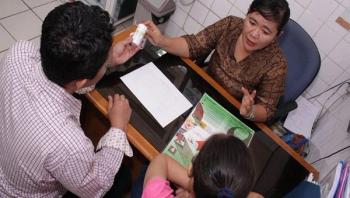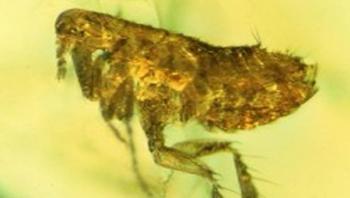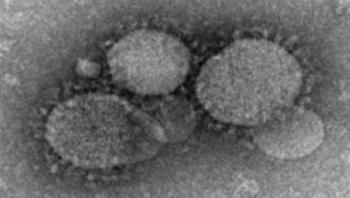
News









Anyone infected with HIV should begin antiretroviral treatment as soon after diagnosis as possible, the World Health Organization (WHO) has announced. With its "treat-all" recommendation, WHO removes all limitations on eligibility for antiretroviral therapy (ART) among people living with HIV; all populations and age groups are now eligible for treatment.


While scientists are continuously improving vaccinations to stop the spread of disease, many people continue to opt out. In a new review of the literature, researchers identified four types of people who decide not to vaccinate due to issues of complacency, convenience, confidence, and calculation, and offer strategies to address these issues. This study is published today in the new issue of Policy Insights from the Behavioral and Brain Sciences, a Federation of Associations in Behavioral and Brain Sciences (FABBS) journal published by SAGE.








University of Tokyo researchers have developed a real-time statistical method to estimate death risk (i.e., the probability of death given infection) and identify risk factors of death during an infectious disease outbreak. Using this method, the researchers revealed that the death risk of the 2015 Middle East Respiratory Syndrome (MERS) epidemic in the Republic of Korea for patients with an illness prior to MERS infection was as high as 48.2 percent for those over 60 years while it was below 15 percent for younger patients. This method will be useful when the death risk of a novel infectious disease has to be quantified using data from small numbers of patients during the course of an outbreak, providing information on which age groups to minimize exposure in hospitals, nursing homes and daycare facilities.

A new test detects virtually any virus that infects people and animals, according to research at Washington University School of Medicine in St. Louis, where the technology was developed.









